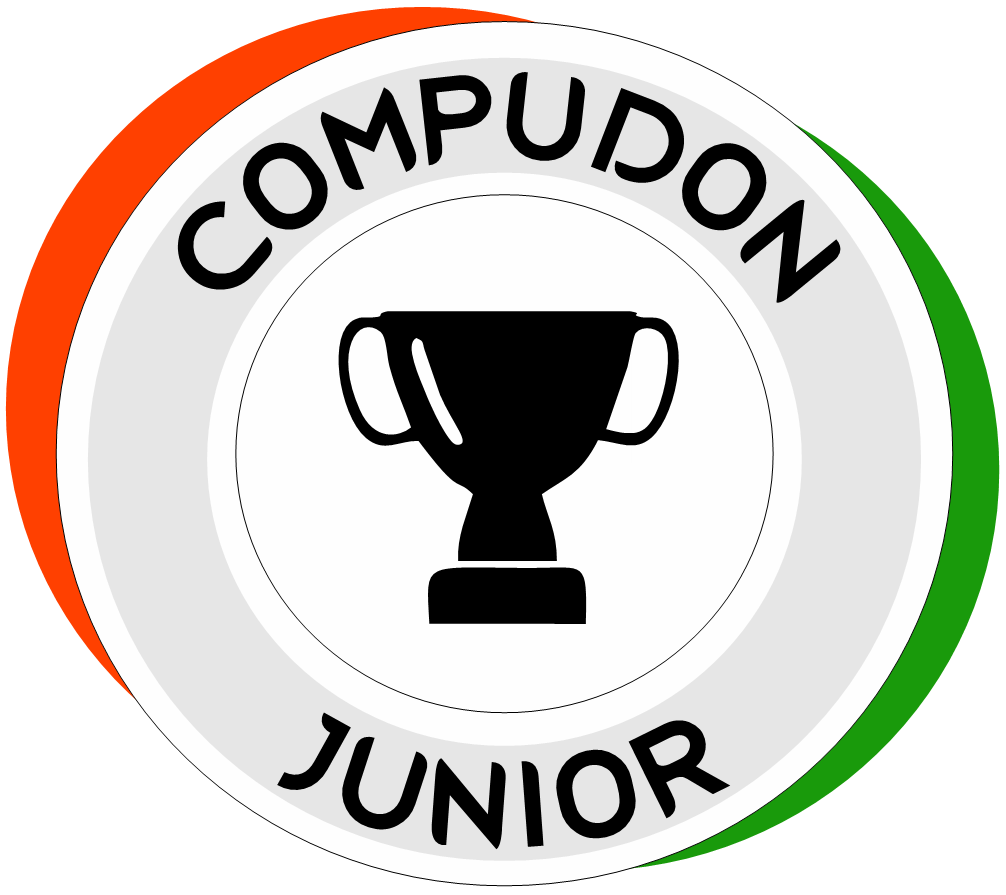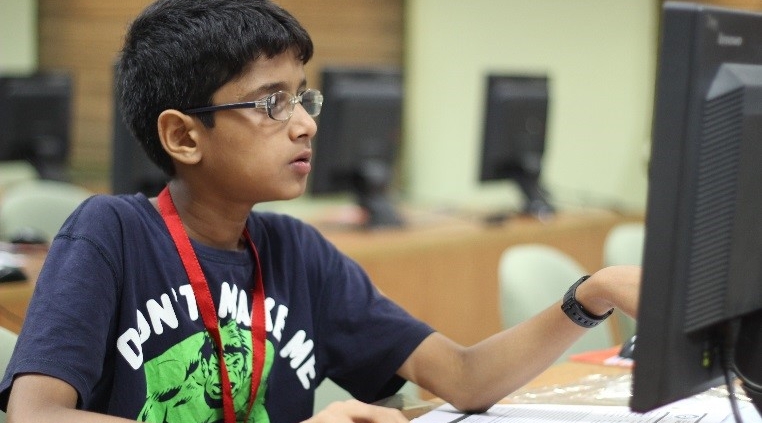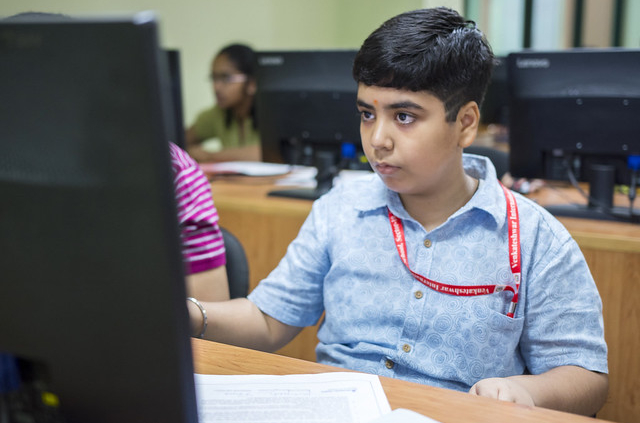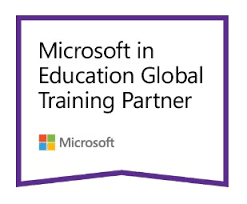Digital Literacy- A Mission-Critical Priority!

This article aims to serve as a call to action.
The above quote speaks volumes about our role as parents & educators and there is no doubt that parents, educators and Schools are doing a great deal of work in that direction. …
However, with this article, I wish to draw your attention to a very forceful threat that is looming large on our kids and the intensity of which has increased multifold because of COVID-19.
I am referring to the dangers that our kids are exposed to on daily basis because of not being digitally literate. We tend to believe that today’s kids are digitally literate because they are digital natives, i.e., born in the digital age but research has proven that when it comes to being safe in the cyber space, they simply lack the skills that would keep them safe. Kids who are not digitally literate are exposed to dangers of cyber space. Like if we are not proficient drivers on a high-way, we are carrying a significant risk and same is the case with information highway.
Here is some data from the western world, the world which is much ahead of us in terms of technology adoption and its ability to teach and use technology.
“Two-thirds of teachers are aware of pupils sharing inappropriate content, with as many as one in six of these children of primary school age.” NASUWT teaching union “More Than 75 percent of Fifth and Eighth Graders are Non-Proficient in 21st Century Skills” – Learning.com study
“A majority of U.S. adults can answer fewer than half the questions correctly on a digital knowledge quiz, and many struggle with certain cybersecurity and privacy questions” – Pew Center for Internet and Technology- October 2019 report
Digital literacy is not just knowing how to post messages/photos on Facebook or snapchat or Instagram, it is lot more than that.
Staying online and that too in isolation like it is happening because of COVID-19, has made our kids very vulnerable to criminals and bullies. Criminals can negatively influence and hack our kids’ minds which at times can lead to real physical and psychological issues. There is ton of data that criminals are exposing vulnerable and impressionable kids to misinformation, manipulation, and fake news, which causes all kinds of issues in their lives. Who doesn’t know about the horror of Nth Room Case?
The unpredictable changes and the speed of the changes in technology and the cosmic and ubiquitous internet has made it mandatory for everyone to be digitally literate, especially young kids. Digital Literacy is already an essential skill for lots of jobs and this will only go up in the coming years.
The above clearly conveys that teaching digital literacy to our kids is mission-critical. We educators have a great responsibility and we must help our kids by motivating them to acquire digital literacy.
Stay tuned for my next article later this week with some more insight on this problem and some easy and very feasible solution(s).
About the Author:
For over a decade, Pankaj has been a noteworthy leader in the entry level global certifications space. You may know him as the Founder & Managing Director of CyberLearning and Pankaj can also be credited with introducing several global certifications into India including the Microsoft Office Specialist Certification, Microsoft Technology Associate Certification, HP-ATA Certification, Critical Thinking Certification from ETS, Adobe Certified Associate Certification and few others.
Pankaj is the Past President of Rotary Club of Capital City New Delhi and has won numerous awards including at the international level. The COMPUDON Champions (www.compudon.in)championship on MS office Skills was launched by CyberLearning in 2011) sponsored by CyberLearning have won all top 3 titles including title of World Champion at the Microsoft Office Specialist World Championship (USA) and the World Skills championship (Germany). CyberLearning also launched www.compudonjunior.com a championship on Digital Literacy based on Microsoft Digital Literacy Standard in 2019.





